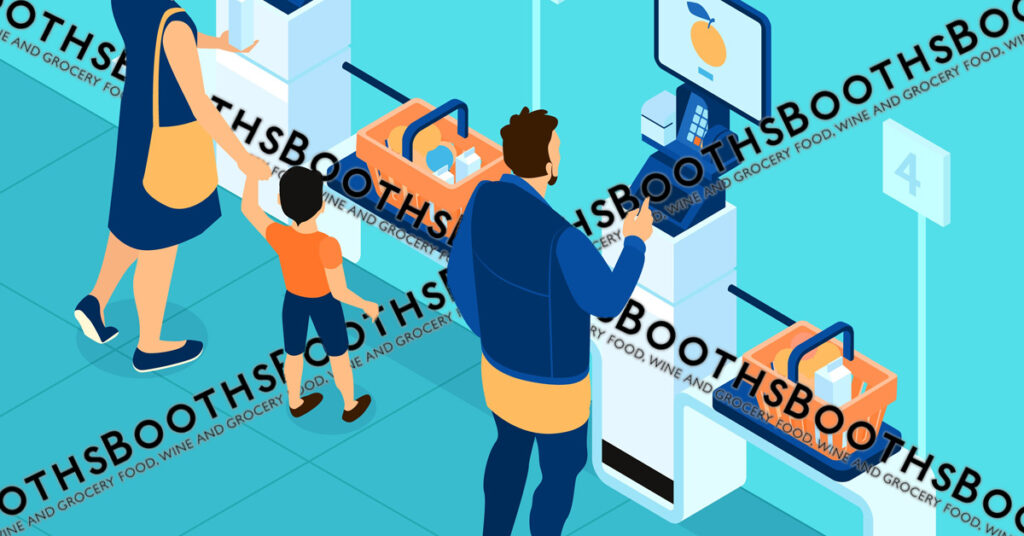Has Booths signalled the beginning of the end for self-service checkouts?

Booths, the supermarket chain described as the “northern Waitrose”, has axed nearly all its self-service, becoming the first in the UK to return to fully staffed checkouts.
The firm said that of its 28 stores, just two (Keswick and Windermere in Cumbria) will see staff return to checkouts. Booths said they took the decision because they believe “colleagues serving customers delivers a better customer experience.”
The beginning of the end for self-service checkouts?
The first self-service checkout machine introduced to the public was in a Kroger store in the US in July 1986. They started to become popular during the 1990s and saw a spike in usage during the Covid-19 pandemic. By 2025, RBR’s Global EPOS and Self-Checkout 2020 study estimates there will be 1.2 million self-checkout units worldwide, however, they’ve been both criticised and praised.
Nigel Murray, Booths’ managing director, told BBC Radio Lancashire that their customers had told them over time that their self-scan machines can be slow, unreliable and impersonal.
“We stock quite a lot of loose items – fruit, veg and bakery – and as soon as you go to a self-scan with those, you’ve got to get a visual verification on them, and some customers don’t know one different apple versus another, for example,” he added.
“There’s all sorts of fussing about with that and then the minute you put any alcohol in your basket, somebody’s got to come and check that you’re of the right age.”
However, Professor Vish Maheshwari, professor of marketing at Salford Business School, says self-check-out tills, particularly in retail environments, provide convenience and a sense of autonomy for customers, and equally efficiency in service from a provider perspective.
“Although personalised customer experience can still be achieved through this digital transactional service, at pace, there is limited emotional or human element due to technological interaction,” he adds.
Mixed bag
The human vs machine element has long been a topic, with one online petition calling on Tesco to “stop the replacement of people by machines” gaining nearly 250,000 signatures.
However, Richard Lim, CEO of Retail Economics, the economics research consultancy that covers the UK’s retail industry, believes self-service checkouts have a place in areas where it’s all about grabbing something on the move, quickly.
“Generally, there are many consumers that like having that frictionless experience,” he adds.
“Booths is right on the other end of the scale. Their typical clientele is middle to high-income households and older consumers, where they’re looking to deliver a retail experience that is meaningful and drives loyalty.
“For that part of the market, what Booths have decided – and it could absolutely be true – is that their clientele is just not engaging with them, so they’re listening and reacting to it.”
Maheshwari adds: “The involvement of a human element is valued by some consumer segments, certainly more than others, and therefore, a mixed approach to serving customers using self-checkouts as well as manned tills is still widely preferred by most retail outlets.
“Moreover, some of the key aspects such as user experience, technological competence and efficiencies in resource management may also be taken into consideration in the decision-making process for hybrid or digital check-out service.”

